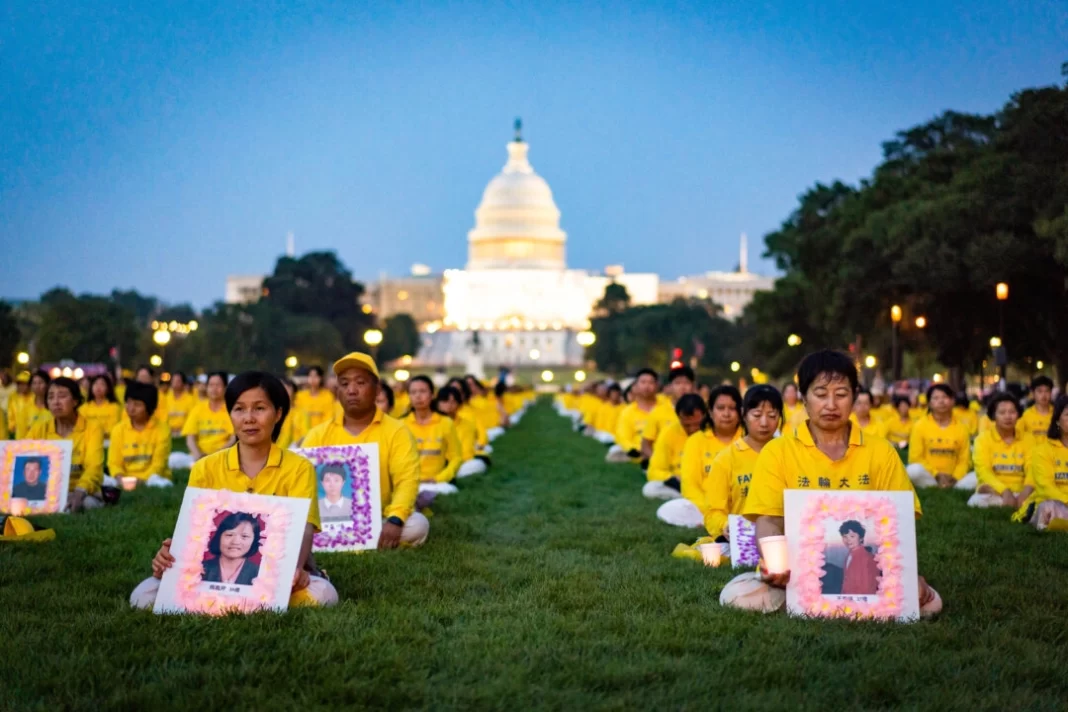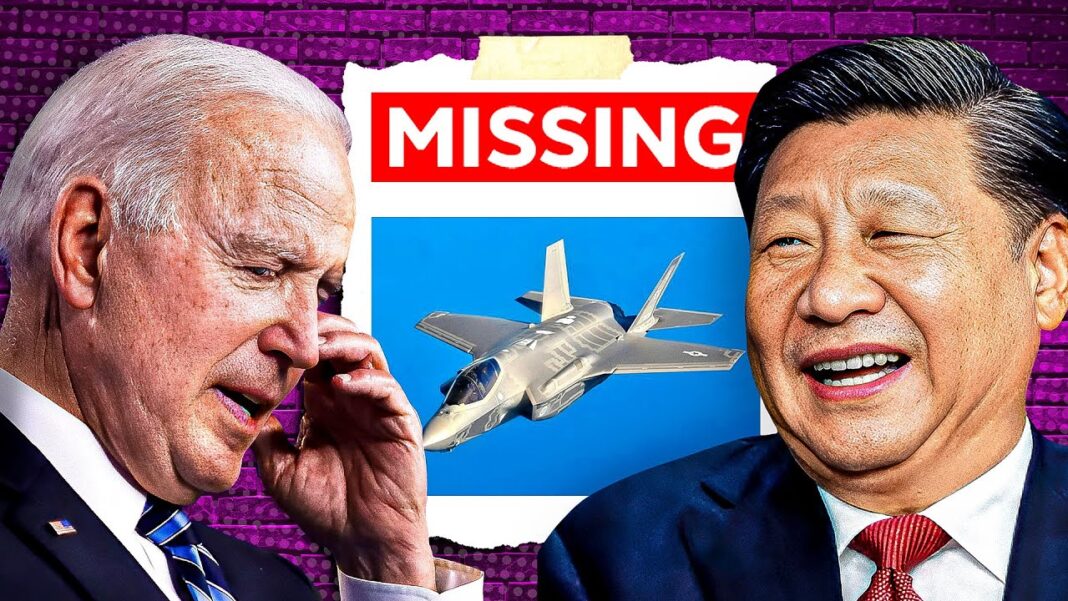‘China’s growing influence within the U.N. poses a significant risk of reshaping the organization to suit its own interests.’
A Paris-based rights group is sounding the alarm about China’s growing influence within the United Nations, saying that it poses a threat to nongovernmental organizations (NGOs) and rights defenders that want to advance human rights.
Christine Mirre, director of CAP Freedom of Conscience, characterized China’s influence at the U.N. as “disturbing” and said that work must be done to protect the organization from being “sinicized.”
“China’s growing influence within the U.N. poses a significant risk of reshaping the organization to suit its own interests, potentially undermining its core functions,” Ms. Mirre said during an event hosted by Belgium-based organization Human Rights Without Frontiers at the Press Club Brussels on Feb. 29.
NGOs accredited by the U.N. Economic and Social Council (ECOSOC) can obtain ground passes allowing their representatives to enter U.N. premises and participate in official meetings and debates. To obtain ECOSOC accreditation, NGOs must first file an application for screening. The U.N. Department of Economic and Social Affairs (DESA) and the Committee on NGOs, a subsidiary of ECOSOC, are responsible for reviewing the application.
CAP Freedom of Conscience was accredited by ECOSOC in 2016. However, Ms. Mirre explained that getting ECOSOC status did not come easily, noting that different Chinese diplomats have held the position of the under-secretary-general for the ECOSOC since 2007.
“Our application for ECOSOC status was blocked for more than four years by China, which put us on its ‘blacklist’ of NGOs because of the submission we signed on the persecution of Falun Gong,” she explained, referring to a written submission to the U.N. Human Rights Council (UNHRC) in 2013.
“It was only thanks to the absence of the Chinese representative at the last review of our NGO that we were granted the status.”
China at UN
In 2013, China underwent a peer review process called the universal periodic review, which all U.N. member states must go through every four to five years. Several NGOs, including CAP Freedom of Conscience and Human Rights Law Foundation, co-signed the submission calling on the Chinese Communist Party (CCP) to cease “imprisoning, detaining, and sentencing” Falun Gong adherents and “immediately end its campaign pursuing the eradication” of the group.
By Frank Fang






